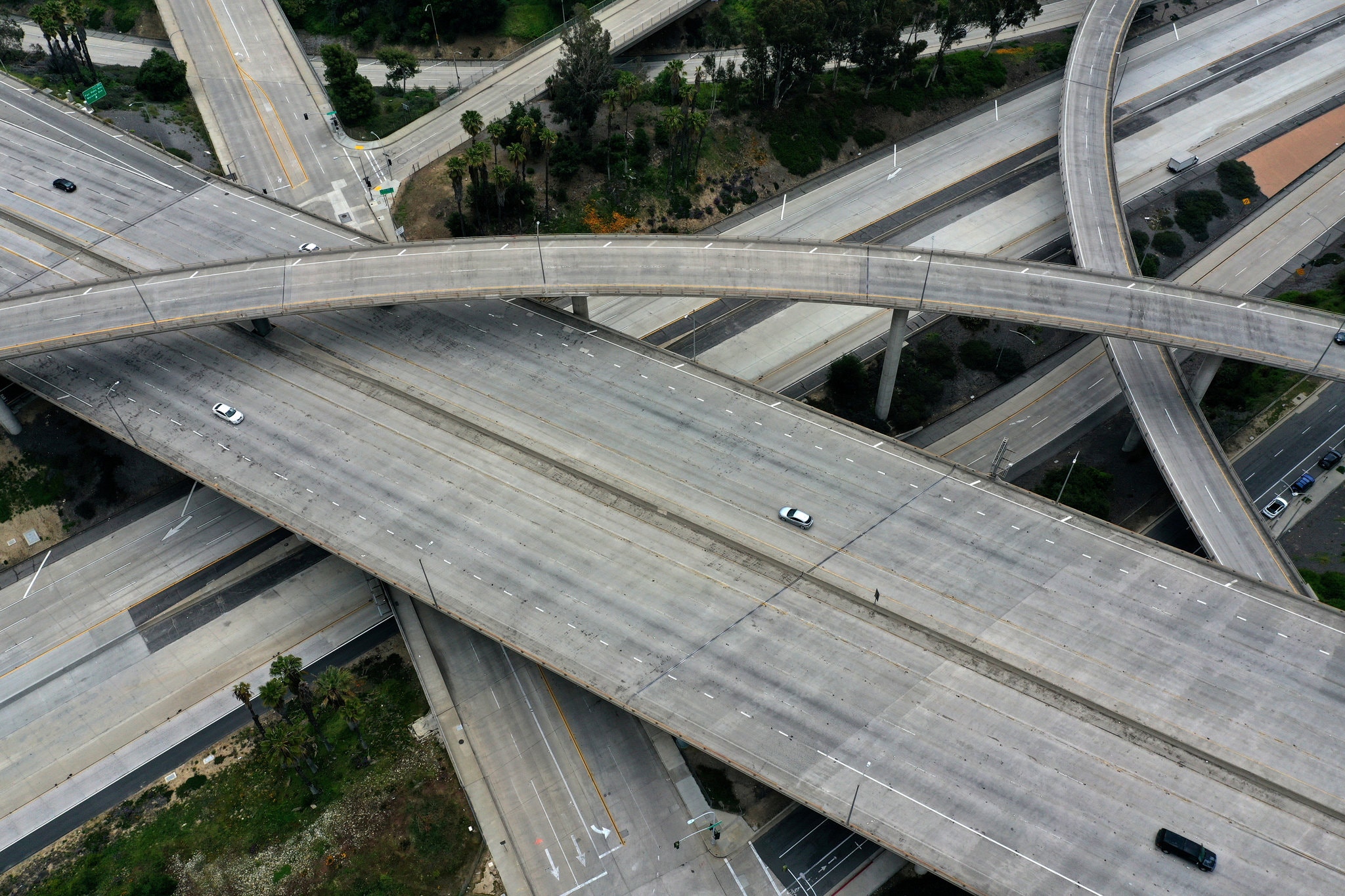by Greg Walcher, E&E Legal Senior Policy Fellow
As appearing in the Daily Sentinel
Activists from Colorado’s “keep it in the ground” movement — a group opposing all production of all natural resources — are suggesting that “stay at home” orders provide the perfect opportunity to “imagine our world” after the coronavirus pandemic ends. They reason that people have now learned to drive less, travel less, and use public transit more, so we should just keep many roads and facilities closed afterwards, too. Now that people have learned to work from home, we should permanently reduce daily commuting.
I imagine a little different outcome, once people no longer have to “shelter in place” under orders from the Great and Powerful Oz. I am thinking of a return to normalcy, whatever passes for normal in this brave new world.
Americans are resilient and highly adaptive. They adopt new technologies and new ways of thinking very quickly. Yet there is such a thing as “change fatigue,” the sense of apathy people sometimes feel in the face of change that is either too rapid, or more often, a whole series of failed or problematic changes. It is a form of low morale, and the result is usually a resistance to further change. It is common in government and corporate organizations, and it happens in offices frequently. It can happen to an entire country, too.






